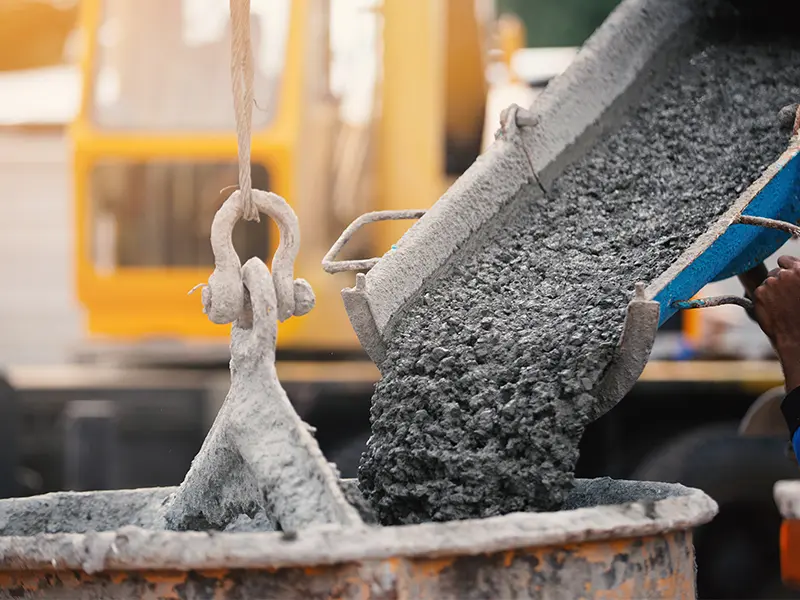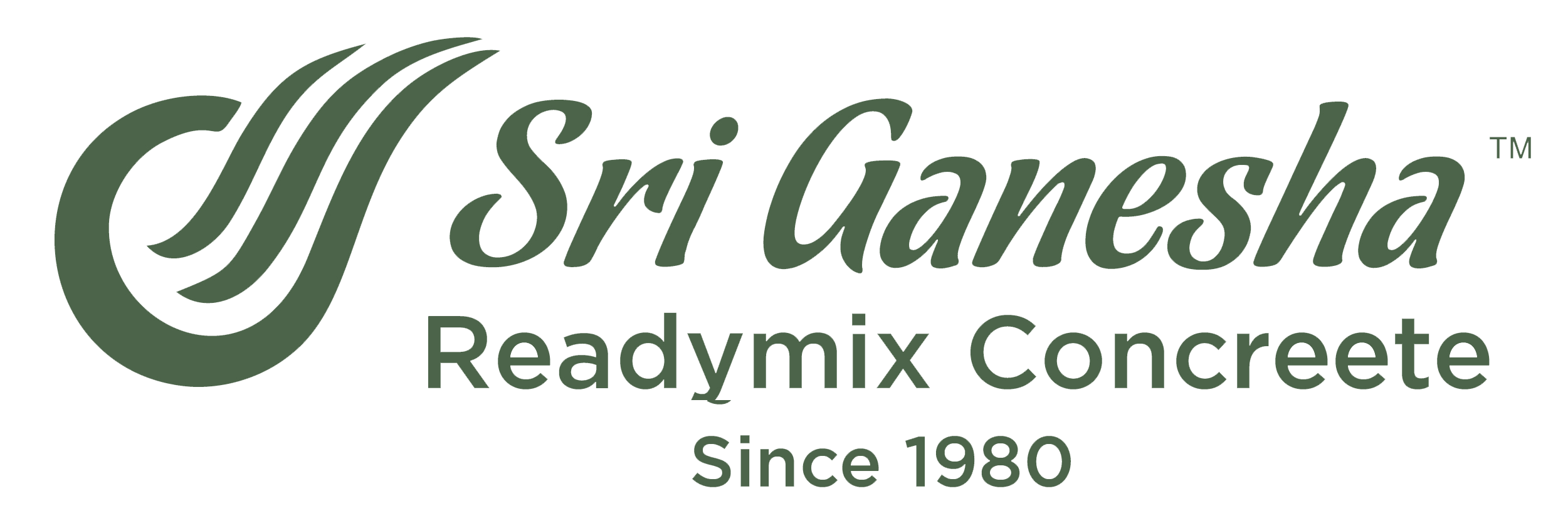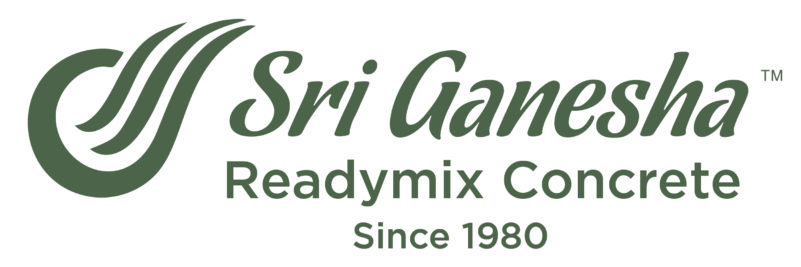
Introduction
Ready mix concrete is a popular building material that is used in a wide range of construction projects. However, the production of ready mix concrete can have a significant impact on the environment. The production of ready mix concrete involves several processes that can have a negative impact on the environment, including
Carbon emissions
The production of cement, which is a key component of ready mix concrete, is a major source of carbon emissions. Cement production accounts for approximately 8% of global carbon emissions.
Water usage
The production of ready mix concrete requires a significant amount of water, which can put a strain on local water resources.
Waste generation
The production of ready mix concrete can generate waste materials, such as excess concrete and packaging materials, which can contribute to landfill waste.
Dust emissions
The transportation and handling of ready mix concrete can generate dust emissions, which can contribute to air pollution.
Ways to Reduce the Environmental Impact of Ready Mix Concrete Production
There are several ways to reduce the environmental impact of ready mix concrete production, including
Using alternative materials One way to reduce the carbon footprint of ready mix concrete production is to use alternative materials, such as fly ash, slag, and silica fume, which can replace some of the cement content.
Recycling waste materials Another way to reduce the environmental impact of ready mix concrete production is to recycle waste materials, such as excess concrete and packaging materials, which can reduce landfill waste and conserve natural resources.
Using eco friendly additives Some ready mix concrete suppliers offer eco friendly additives, such as water reducers and air entraining agents, which can reduce the amount of water and cement needed in the production process.
Optimizing transportation Ready mix concrete suppliers can optimize their transportation routes to reduce fuel consumption and emissions. Using water efficient practices Ready mix concrete suppliers can use water efficient practices, such as using recycled water and reducing water usage during the production process, to conserve local water resources.
Conclusion
Ready mix concrete is a versatile and cost effective building material that is widely used in construction projects. However, its production can have a significant impact on the environment. By using alternative materials, recycling waste materials, using eco friendly additives, optimizing transportation, and using water efficient practices, the environmental impact of ready mix concrete production can be reduced. By adopting these practices, construction projects can be completed in a more environmentally responsible manner.

